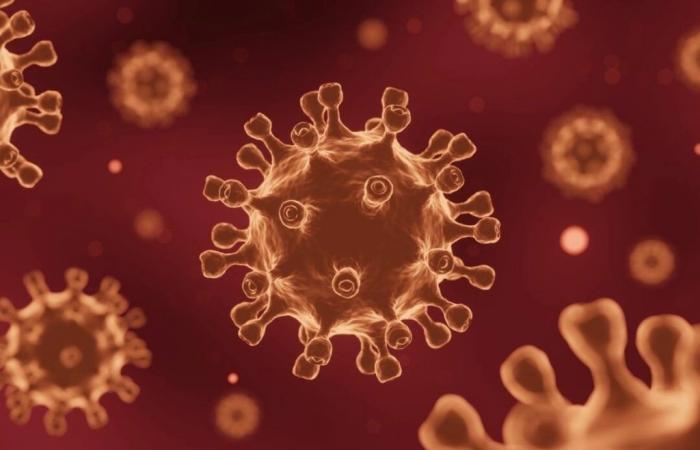
A new scientific paper has found that COVID-19 was more likely caused by an unnatural laboratory origin than a natural animal source.
O articleled by researchers at the University of New South Wales (UNSW), was published in the journal Risk Analysis on March 15.
Scientists have investigated theories about the natural origin of animal-based SARS-COV-2 and the non-natural laboratory origin.
Researchers used a risk analysis tool to study the origin of SARS-COV-2, the virus that causes COVID-19.
“Using published literature and publicly available information sources, we apply the mGFT [ferramenta modificada de avaliação Grunow-Finke, na sigla em inglês] to the origin of SARS-CoV-2,” the article stated.
“The mGFT scored 41/60 points (68 percent), with high inter-rater reliability (100 percent), indicating a greater probability of non-natural origin than natural origin of SARS-CoV-2.”
The paper was authored by scientists from UNSW’s renowned Kirby Institute, including Professor Raina MacIntyre, Xin Chen and Fatema Kalyar.
The origin of the laboratory cannot be ruled out: researchers
The scientists explained that the risk assessment “cannot prove the origin of SARS-CoV-2”, but reveals that the possibility of a laboratory origin cannot be easily ruled out.”
The researchers noted that several studies have considered a laboratory accident unlikely, but their analysis “indicates that both origin theories are equally plausible.”
“Definitive proof of a laboratory or naturally occurring leak may never be obtained, but risk analysis tools like mGFT allow a systematic approach to estimating the likelihood of either origin,” the paper said.
The newspaper noted that the first cluster of COVID-19 cases occurred near a world-leading coronavirus laboratory that was experimenting with viruses similar to SARS.
In addition, a second laboratory nearby also worked on coronaviruses.
The scientists said this “cannot be dismissed as irrelevant”.
“Laboratory accidents are common, and if the pathogen in question is highly contagious, an infected laboratory worker could trigger a community epidemic,” the authors noted.
The researchers pointed to examples of laboratory-based epidemics, including the accidental anthrax leak from a Soviet bioweapons facility in Sverdlovsk during the 1977 Russian flu pandemic and the aerosolized Brucella leak from a pharmaceutical factory in China in 2019.
“A common theme in such accidents has been denial and cover-up,” the paper said.
The researchers revealed some limitations of their study, including the fact that their mGFT risk analysis tool has been applied to smaller-scale outbreaks in the past, rather than a large pandemic.
The risk analysis tool they used for the study was also initially designed to detect biological warfare, rather than leaks or laboratory accidents.
However, they were “conservative” in their scoring and explained that the tool can distinguish between natural and unnatural pandemics.
“A non-natural origin of SARS-COV-2 is plausible, and our application of mGFT suggests that it is as likely as or more likely than a natural origin, although both remain possible,” the scientists concluded.
The researchers noted that society has more control over preventing epidemics caused by human error than those in nature.
Medical epidemiologist Abrar Ahmad Chughtai from the UNSW School of Population Health also contributed to the paper.
© Copyright. All Rights Reserved to The Epoch Times in Portuguese 2011-2018
Tags: Laboratory theory COVID19 easily dismissed UNSW researchers University South Wales Risk Analysis magazine SARSCoV2
--



